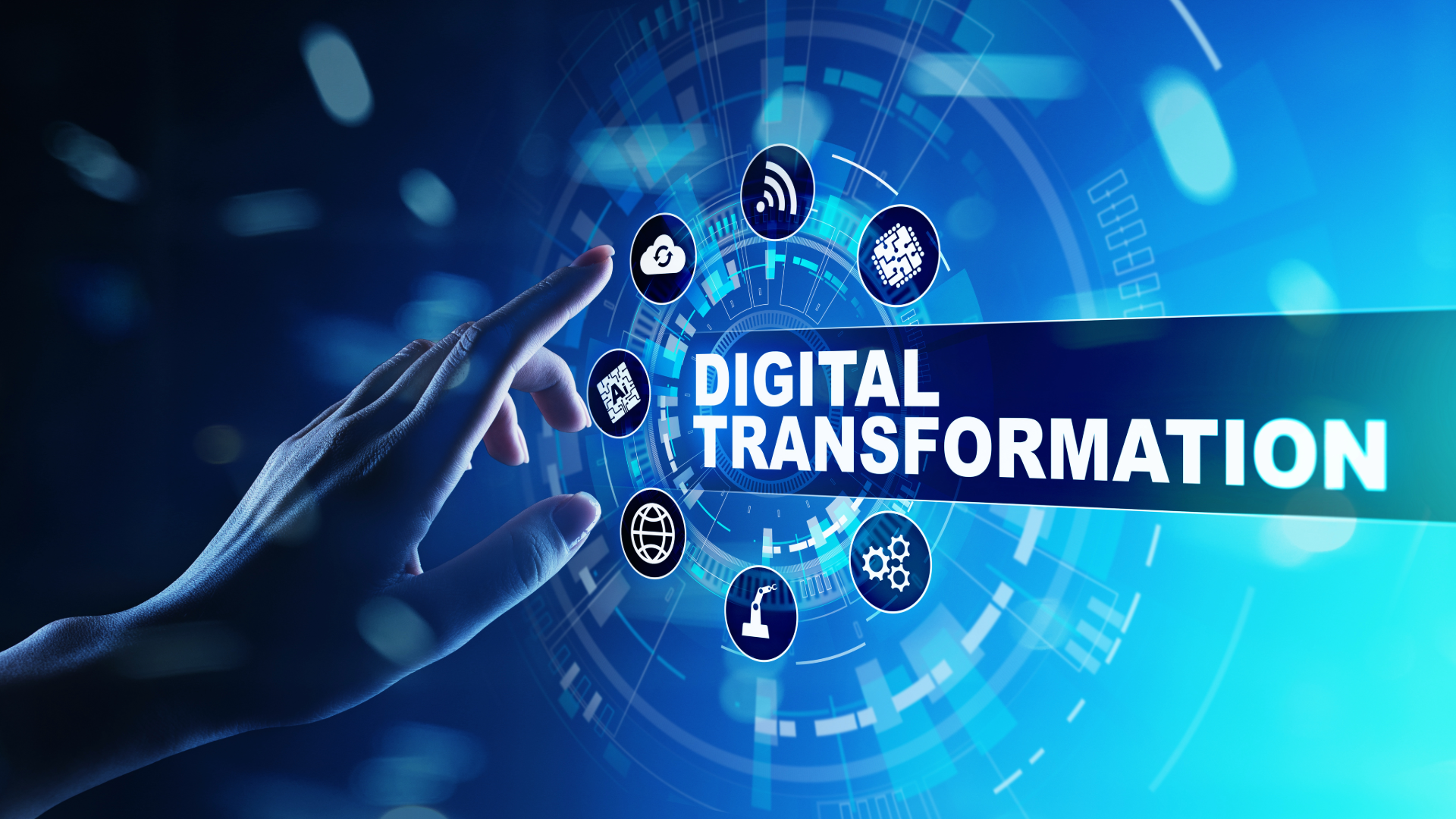The Future of Governance: Embracing Digital Transformation and Innovation
As the digital revolution continues to reshape industries, governance systems worldwide are undergoing a seismic shift. From corporate boardrooms to government institutions, the need for efficient, transparent, and innovative governance has never been more pressing. Digital transformation is no longer a futuristic concept but an imperative for staying relevant and effective in a world where technology drives decision-making, collaboration, and accountability.
Governance leaders must not only adapt to these changes but also anticipate the emerging trends that will define the future of their responsibilities. By embracing digital transformation and fostering innovation, they can create systems that are more agile, inclusive, and resilient.
Digital Transformation: A Catalyst for Modern Governance
- Data-Driven Decision Making
Digital tools enable governance bodies to access real-time data for informed decision-making. Advanced analytics, dashboards, and AI algorithms can uncover patterns, predict trends, and provide actionable insights, transforming guesswork into strategic planning. - Automation and Efficiency
Automation minimizes repetitive tasks, freeing governance teams to focus on strategic goals. Processes such as compliance monitoring, document review, and stakeholder reporting can be streamlined, reducing errors and increasing speed. - Increased Transparency
Transparency is a cornerstone of effective governance. Technologies like blockchain provide immutable records, ensuring accountability and reducing the risk of fraud or mismanagement. This fosters trust among stakeholders and enhances the integrity of the governance system. - Remote Collaboration and Virtual Tools
The shift to remote work has emphasized the need for tools that facilitate collaboration across geographies. Virtual meeting platforms, digital signatures, and cloud-based document sharing ensure that governance activities continue seamlessly, even in a decentralized environment. - Cybersecurity and Data Protection
As governance systems go digital, protecting sensitive data becomes paramount. Robust cybersecurity measures and compliance with data protection regulations are essential to safeguarding the integrity of digital governance systems.
Innovation in Governance: Transforming Challenges into Opportunities
- Artificial Intelligence (AI) and Machine Learning
AI is revolutionizing governance by enabling predictive analytics, automating routine tasks, and enhancing decision-making. For instance, AI can analyze vast datasets to detect compliance risks or provide insights into board performance. - Decentralized Governance Models
Blockchain technology introduces decentralized models that distribute power and responsibility more equitably. These models are particularly impactful in industries like supply chain management and decentralized finance (DeFi). - Digital Twins
Digital twins—virtual replicas of governance systems—allow organizations to simulate scenarios and test strategies before implementation. This reduces risks and ensures more informed decision-making. - Sustainability and ESG (Environmental, Social, and Governance) Integration
Technology enables real-time tracking and reporting of ESG metrics, helping organizations align their governance practices with global sustainability goals. - Governance as a Service (GaaS)
Innovative platforms now offer governance-as-a-service solutions, providing organizations with tailored tools for managing compliance, monitoring performance, and fostering collaboration.
Challenges in Digital Governance
Despite its advantages, digital transformation in governance comes with challenges:
- Adoption Resistance: Some stakeholders may resist change, preferring traditional methods over digital tools.
- Skill Gaps: Effective digital governance requires training and upskilling teams to use new technologies.
- Cyber Threats: Increased reliance on digital platforms exposes governance systems to cyber risks, necessitating robust security measures.
- Integration Issues: Ensuring that new technologies integrate seamlessly with existing systems can be complex and resource-intensive.
To overcome these hurdles, organizations must adopt a strategic approach, combining technology with strong leadership, clear communication, and continuous learning.
The Future of Governance
As digital transformation accelerates, governance systems must evolve to remain effective. The future of governance will be defined by:
- Adaptive Leadership: Leaders who embrace change and leverage technology to drive innovation.
- Stakeholder Engagement: Tools that foster inclusivity and ensure all voices are heard in decision-making processes.
- Continuous Evolution: Governance frameworks that are agile and capable of responding to rapidly changing environments.
Ultimately, governance will shift from being reactive to proactive, driven by data, collaboration, and technology.
My Premium Governance (MPG): Redefining Governance for the Digital Age
At My Premium Governance (MPG), we understand the challenges and opportunities that come with digital transformation in governance. That’s why we’ve developed a platform designed to empower organizations to adapt, innovate, and excel in this new era.
Here’s how MPG supports your governance needs:
- Comprehensive Oversight Tools 🛠️
Manage every aspect of governance, from compliance to lifecycle documentation, with ease. - Advanced Analytics 📊
Leverage real-time data and AI-driven insights to make informed decisions. - Secure Collaboration 🔒
Facilitate seamless and secure communication among stakeholders, ensuring transparency and accountability. - Customizable Solutions ⚙️
Tailor governance tools to meet the unique needs of your organization. - Expert Resources 📚
Access guides, templates, and best practices for navigating the complexities of modern governance.
The future of governance is here. With MPG, you can lead your organization into a new era of efficiency, transparency, and innovation. Embrace digital transformation today and unlock the potential of modern governance. 🚀



